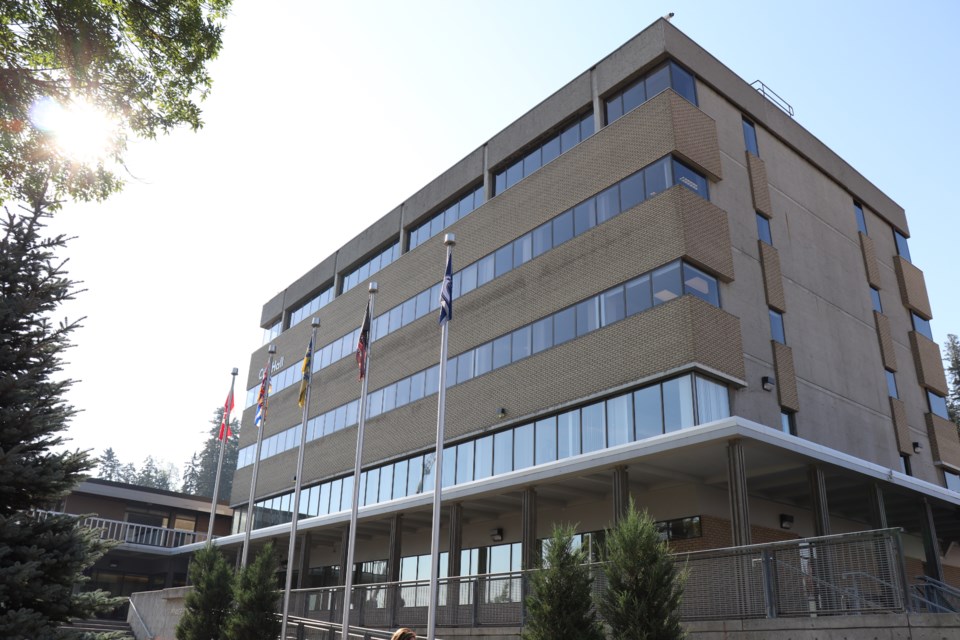There’s a local government election fast approaching which means Prince George will be voting for to elect a mayor, councillors and school trustees on Oct. 20.
To avoid picking a name blindly when election day rolls around it’s important to take a step back and examine the basics.
What does local government do and why does it matter?
A local or municipal government is typically a city, town, village, district or regional district. Local governments fall under the jurisdiction of the provincial government but have their own legislative authority.
“Local governments in British Columbia affect all citizens on a day-to-day basis,” says author Robert L. Bish in a free book all about local governments, published by the Union of B.C. Municipalities.
That’s because local governments do things like set property tax rates, pass bylaws, implement zoning regulations, and are responsible for some pretty essential things like snow removal.
Bish explains that the effects of local government decisions are often far more immediate and tangible than federal or provincial decisions, like when a municipality decides to build a new park or swimming pool.
What is a municipal council?
A mayor and councillors make up a municipal council. The council holds meetings where the mayor and councillors have to make collective decisions through approving bylaws or resolutions. The size of a municipality determines the number of councillors needed. Each member of the council, including the mayor, gets one vote on matters that come before them for discussions and decision.
A municipal council has to address a wide range of things including animal control, fire and police, zoning, fees, property tax bylaws, and things that affect the direction of a community like the official community plan and five-year budget.
What exactly does a councillor do anyway?
A councillor participates in council and committee meetings and contributes to the decision making. Councillors also carry out other duties assigned by the council such as hearing committees or being the liaison to a particular neighbourhood in the municipality. Inclusively, they represent the voters in the neighbourhood they reside.They also must contribute to the development and evaluation of policies and programs. Eligible voters in Prince George will be electing eight councillors.
What about the mayor?
The mayor is the head and chief executive officer (CEO) of a municipality. He or she has all the same responsibilities as the councillors plus the additional responsibility of providing leadership to the council by recommending things like bylaws and resolutions that promote good governance of the municipality.
The mayor leads council meetings, so he or she has to know the rules of governing meetings and is responsible for maintaining their order. The mayor also has to establish and appoint people to standing committees, which are in place to advise the mayor and council on certain topics. The mayor also has to provide general direction to municipal officers about the implementation of policies, programs, and other directions of the council.
Where can I find out more?
The city of Prince George has election resources on their website including a voter’s guide to local elections in B.C. which has plenty of information about the upcoming election, and answers many frequently asked questions.
Those who are interested in local politics can also keep up to date by watching the live-streams of city council meetings on the city's website if they are unable to attend the meetings themselves.



